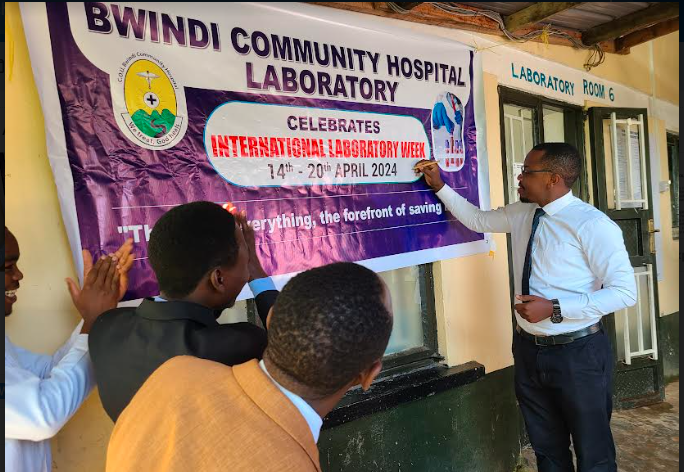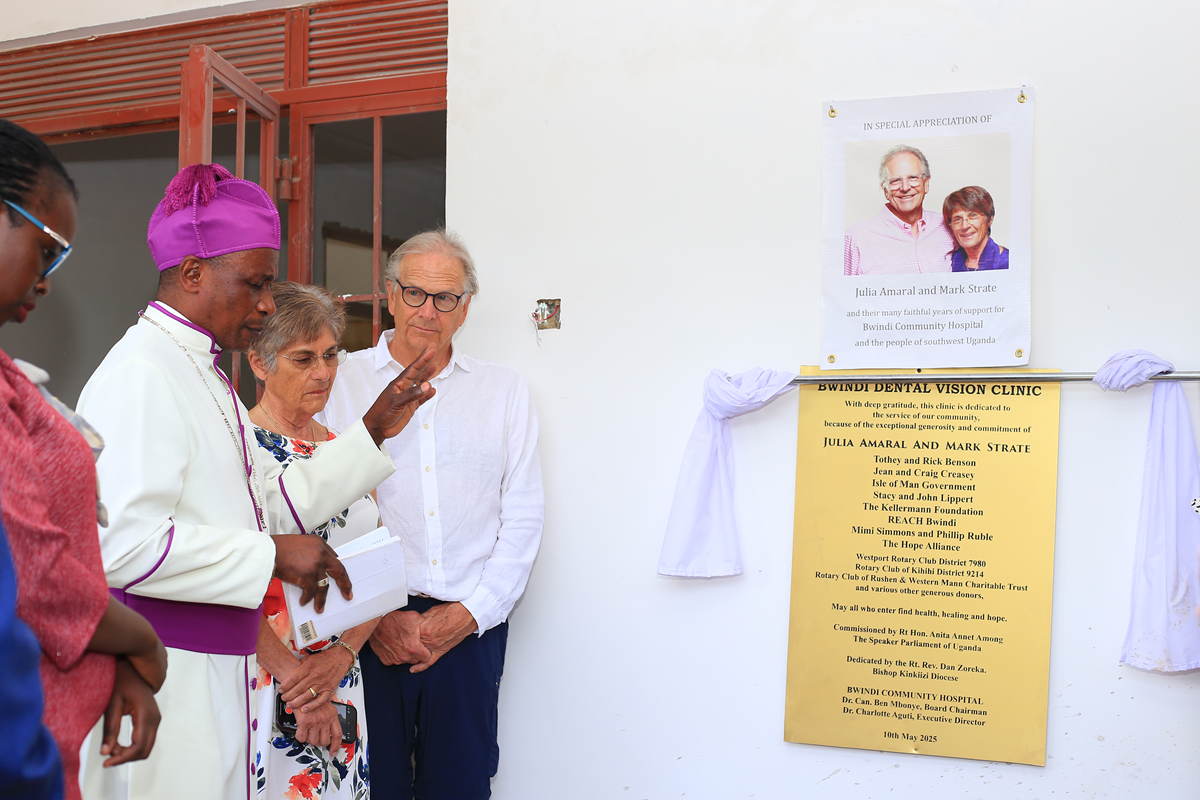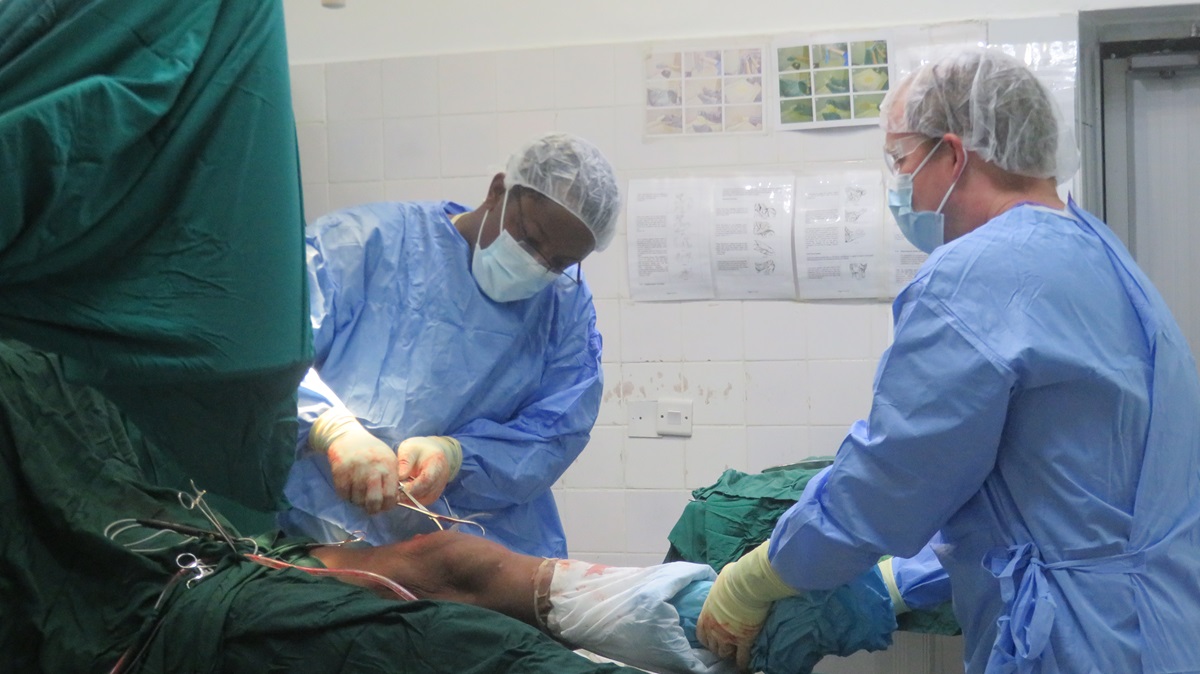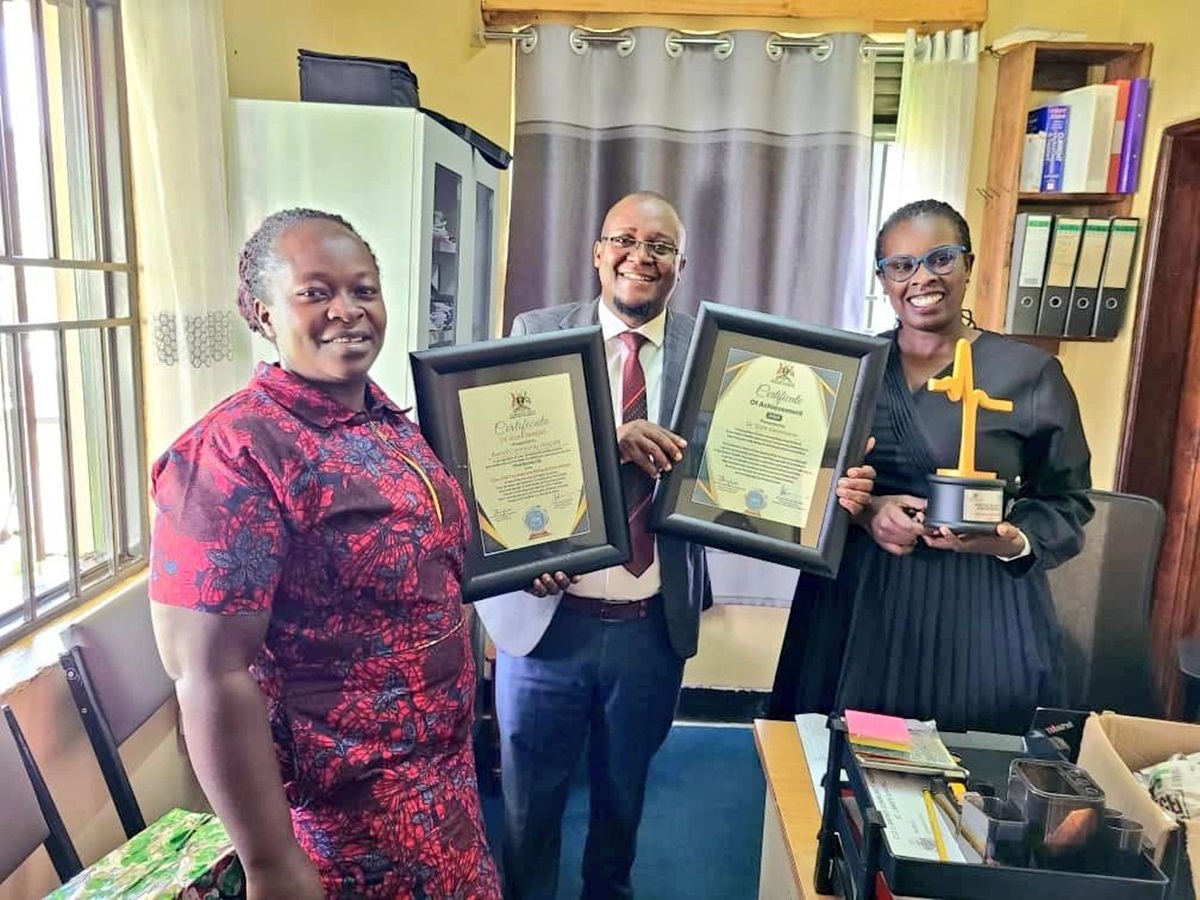Bwindi Community Hospital Celebrates International Lab Week: Focuses on Integrating One Health Model

Bwindi Community Hospital (BCH) joined the rest of the world to celebrate International Laboratory Week 2024. Medical Laboratory Professionals Week takes place every April. It is an annual celebration of medical laboratory professionals and pathologists who play a vital role in health care and patient advocacy. With ‘The Future is Lab’ as the theme for the year, this event was celebrated from April 14 to April 20, 2024.
The Laboratory Week at Bwindi Community Hospital highlighted the key roles the BCH laboratory and diagnostics department play in disease prevention, diagnosis, and treatment. Mr. James Mubangizi, the BCH Laboratory Quality Manager noted that as members of the healthcare community, they understand the invaluable contributions made by laboratories daily. In this regard, a series of events and activities aimed at raising awareness about the significance of laboratory services offered at BCH were conducted.
According to Mr. Isaac Magezi Orikushaba, Microbiologist, and Kanungu District Laboratory Focal Person: “The goal of the Laboratory Week is to foster a deeper appreciation for the tireless work done by laboratory professionals in institutions while creating awareness about laboratory utilization.” The events included; Hands-on demonstrations showcasing cutting-edge laboratory technologies, Panel discussions on the latest advancements in Antimicrobial resistance, and Poster presentations highlighting research conducted by the hospital laboratory. Community sensitization through radio talk shows, lab environment walk highlighting the relevance of the laboratory in environment, social events including football matches and other events recognizing the human resources that have contributed to BCH Laboratory since her inception.
BCH laboratory department members called upon the general hospital population to come together and celebrate the fundamental role of laboratories in safeguarding public health and improving patient outcomes. In his remarks during the launch of the laboratory week at BCH, the Hospital Executive Director, Dr. Asaph Owamukamaeli emphasized the need and importance of highlighting the One Health Model that recognizes the interconnectedness of human, animal, and environmental health. The One Health Model will integrate; interdisciplinary collaboration, disease surveillance, risk assessment, and response planning.
According to the World Health Organisation (WHO), One Health is an integrated, unifying approach to balance and optimize the health of people, animals, and the environment. It is particularly important to prevent, predict, detect, and respond to global health threats. Currently, Bwindi Community Hospital is integrating the One Health approach in the Epicentre for Emerging Infectious Diseases Institute (EEIDI) Project. The One Health EEIDI project focuses mainly on zoonotic diseases caused by spillover events from animals to humans; doctors, veterinarians, and local communities have come together to address the healthcare needs of humans and animals.
Additionally, Bwindi Community Hospital offers special laboratory services. These special services include; a complete hemogram, coagulation profile, liver profile, renal profile, lipid profile, cardiac profile, thyroid function Tests, COVID-19 PCR, serological Profile, culture and sensitivity, fertility hormone testing, semen analysis, HbA1C, and general body checkup. Direct referral services on-site and mobile laboratory testing services are also offered. The Bwindi Community Hospital staff, Uganda Nursing School Bwindi, and Uganda College of Health Sciences Bwindi Students were sensitized about the different services and the utilization of laboratory services. Community members were sensitized about Anti-microbial Resistance (AMR) awareness.
AMR research being conducted at BCH focuses on determining the prevalence of Streptococcus pneumoniae in children under 5 years and determine the antimicrobial resistance patterns towards the antibiotics being used. This will help in selecting appropriate antibiotic treatment and reduces fatality rate of children due to pneumonia. According to WHO, AMR occurs when bacteria, viruses, fungi, and parasites change over time and no longer respond to medicines, making infections hard to treat and increasing the risk of disease spread, severe illness, and death.
Author: Elizabeth Namara


